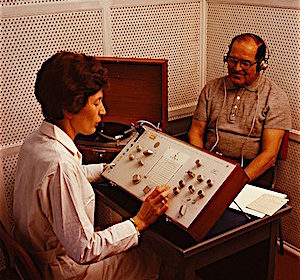Scientific Studies are Failing the Reproducibility Test

Valid scientific studies are supposed to be reproducible. That means other researchers using the same methods should get the same or very similar results. But we are learning that that’s not always the case. Especially in psychology, well-known studies have failed the reproducibility test. Most recently, researchers looking at two studies from the 80s and 90s, one about facial expressions affecting mood, and the other about a phenomenon called ego depletion, in which a person’s willpower can wear down over time, have failed to reproduce the original results.
This is both unsettling and intriguing. The purpose of science is to reduce uncertainty, to delve into the darkness and help make the unknown known to humanity. But if key studies aren’t repeatable, our understanding may rest on shakier ground than previously thought. And part of the problem lies with the way science is conducted. Great priority is placed on breaking new ground, discovering novel things of great interest. Checking the work of other scientists by replicating previously conducted studies is not a glamorous job, and it’s given a much lower priority. However, this is exactly what needs to happen to deal with the reproducibility problem effectively.
Since we value science and the advancement of knowledge, what are we to do? Perhaps major universities need to revamp their approach to tenure, rewarding scientists for successfully reproducing, or refuting, the results seminal research, as well as rewarding innovative researchers, with tenure track positions? Perhaps the government should establish a fact-checking department, and put aside some money every year to check for reproducibility on at least some key studies?
In addition, and perhaps more crucial, society needs to fund basic scientific research at a much greater level, and part of that funding should provide grants for this kind of fact-checking research work.
Learn more about the reproducibility problem in science (sciencealert.com)
Photo: By Deutsche Fotothek, CC BY-SA 3.0 de, Wikimedia Commons

